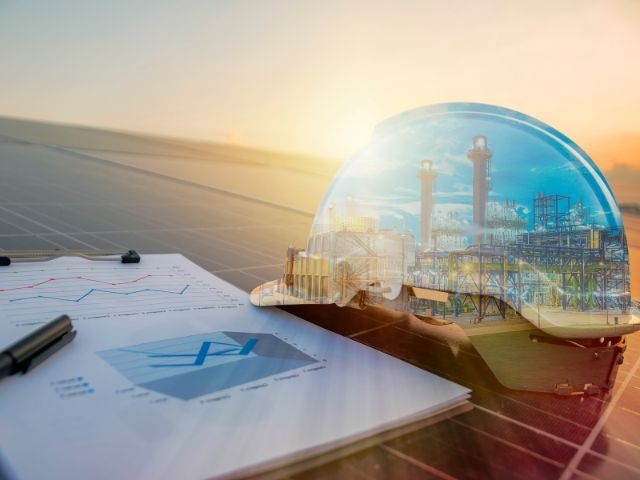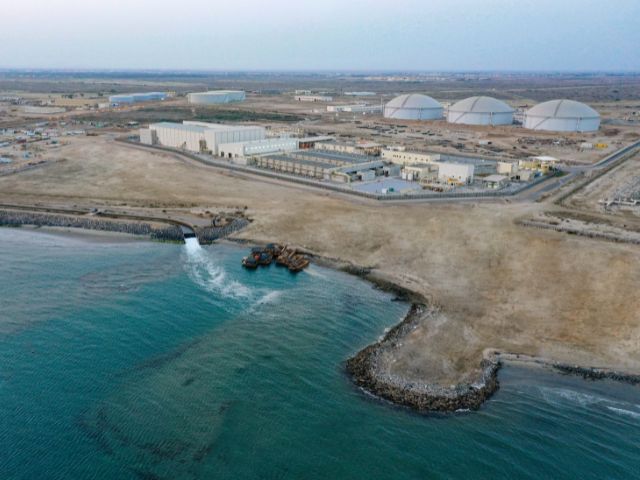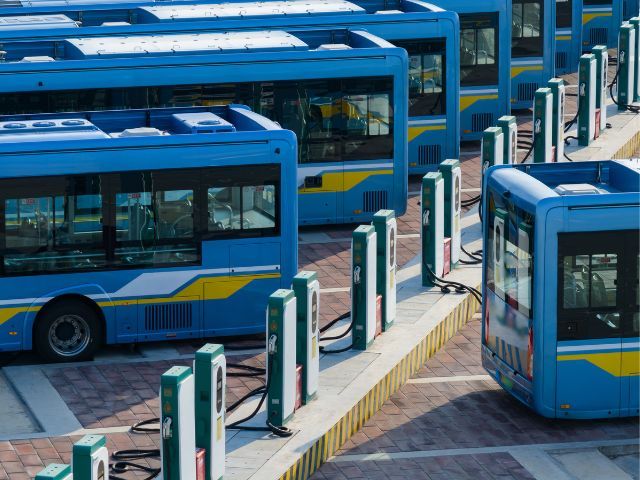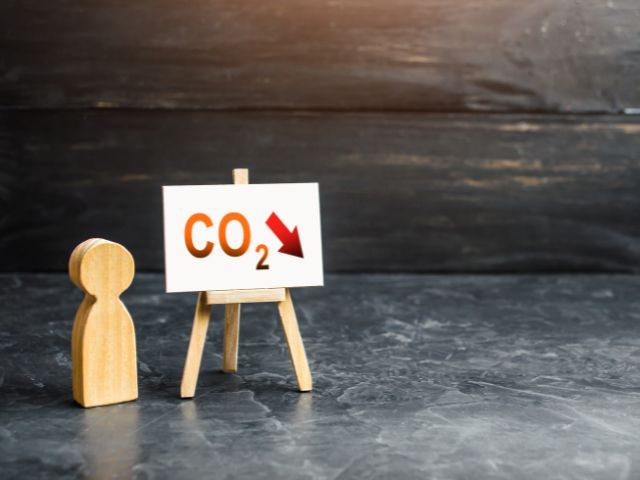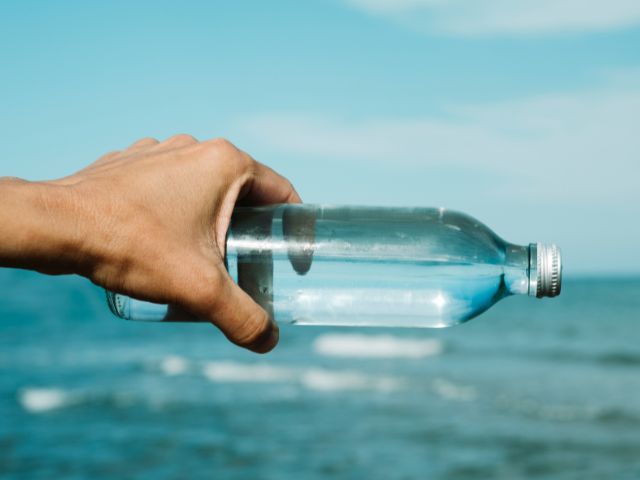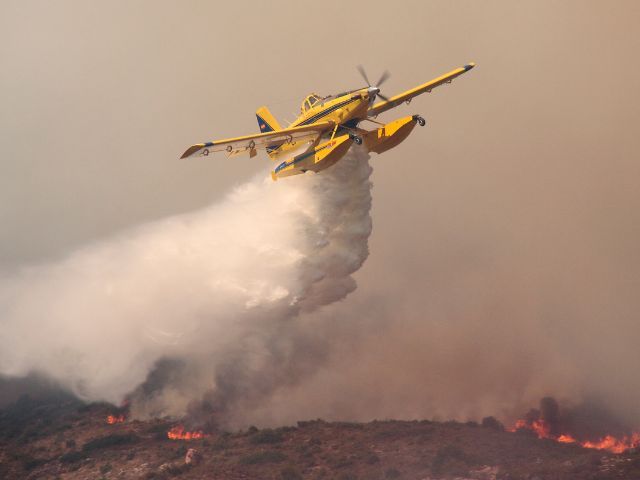The journey toward a carbon-free industry comes with challenges such as high initial costs, technological barriers, and regulatory uncertainty. However, decarbonization also opens doors to innovation, lower operational costs, improved corporate reputation, and access to new markets. In this article, we explore the key obstacles and the strategies industries can adopt to thrive in a sustainable future.
The growing scarcity of water presents critical challenges worldwide. The New Water concept emerges as a key solution to ensuring sustainable access to water resources. In this article, Carlos Cosín delves into innovative technologies such as desalination and wastewater reuse, emphasizing their role in mitigating the crisis and achieving the Sustainable Development Goals.
Decarbonizing transportation is a critical challenge in the fight against climate change. Hydrogen, biogas, and electrification emerge as essential solutions to reducing emissions in heavy-duty vehicles and enabling a cleaner mobility future. From battery-electric trucks to advanced biofuels, these technologies require strong infrastructure investments, economic incentives, and clear regulations for widespread adoption.
The fight against climate change demands effective and structural solutions. The European Emissions Trading System (ETS) has become a key tool in reducing greenhouse gas emissions by regulating industrial, energy, and transport sectors. With ETS2 launching in 2027, heavy-duty vehicles and buildings will also be included, making decarbonization a top priority for businesses and governments.
Bottled water is often perceived as superior to tap water, but is that really the case? This article examines the economic, environmental, and quality aspects of both options, highlighting the benefits of choosing tap water for a more sustainable future.
Microplastics are emerging as a significant challenge to desalination and water reuse technologies. While advanced filtration systems like reverse osmosis offer solutions, reducing plastic pollution at its source is essential to safeguard water resources.
Every year, on November 19, we observe World Toilet Day, an initiative by the United Nations aimed at raising awareness about a pressing and often overlooked issue: the lack of access to safe sanitation. This year, the theme, “Toilets: A Place for Peace,” highlights the crucial connection between proper sanitation and human dignity, health, and sustainable development.
Despite 70% of available freshwater being dedicated to agriculture, climate change, growing demand, and poor management have jeopardized the availability of this resource, directly affecting global food security.
The use of reclaimed water for wildfires is one of the most promising and beneficial applications of this resource. In fire-prone areas, especially during dry seasons, access to large quantities of water is essential to effectively control and extinguish fires.



